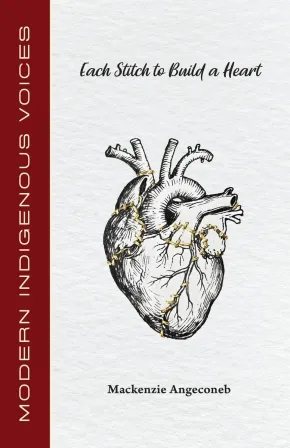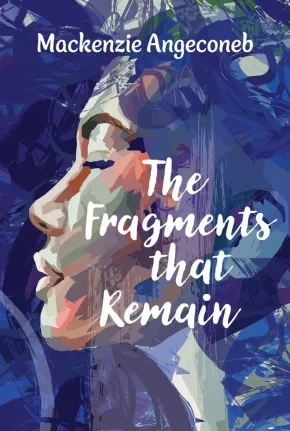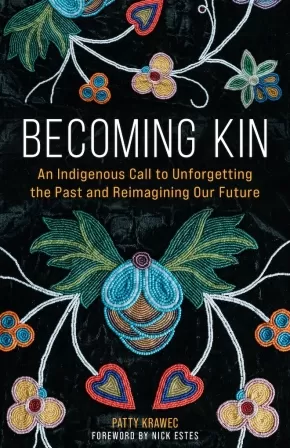Lac Seul
Synopsis:
The central theme of this poetry collection revolves around the idea that each individual is shaped by the connections they forge with others throughout their lives. Each poem serves as a tribute to the relationships that influence us, weaving a rich tapestry of shared experiences and emotions. The collection is guiding readers through a journey of reflection and introspection. Each poem follows a distinct outline: it begins with a cherished memory that encapsulates the essence of the relationship, then delves into the significance of that bond and what it has taught us. Next, the poems explore the evolution of these connections—whether they have transformed, faded away, or remain vibrant in our lives. As the verses unfold, they evoke sensory reminders of these individuals—objects, places, or moments that bring them to mind—while also celebrating the qualities we admire in them. The poems culminate in a heartfelt exploration of their lasting impact on our identities and the permanent marks they leave behind. Each poem becomes a mirror, inviting readers to consider their own relationships and the intricate ways in which these connections shape who they are. Through this collection, we are reminded that we are, in many ways, a mosaic of everyone we have loved, learned from, and lost along the way.
Educator & Series Information
This book is part of the Modern Indigenous Voices series.
Additional Information
96 pages | 5.50" x 8.50" | Paperback
Synopsis:
Dearest Departed, I do not know when I decided I was going to write. I am not a writer. You are. You were.
Honorary twins Ally and Andy, born at the start and end of the same year, have always shared everything — until Ally dies, his passing ruled a suicide by overdose. A year later, Andy starts her first year at college without her other half, writing letters to Ally as she makes new friends who know nothing about him, falls in love for the first time, and strives to embrace her bisexuality and her Indigenous identity. When Andy discovers the poems Ally hid in their room, she pieces together these remaining fragments to make sense of her brother’s life — and his death.
A story told through letters and poems, The Fragments that Remain is a heart-wrenching and hopeful debut novel from Mackenzie Angeconeb.
Reviews
“[A] powerful exploration of identity and trauma. … An affirming account of an Indigenous teen’s experience with multiple forms of loss.” — Kirkus Reviews
“[The] Fragments that Remain takes the reader on a candid journey of brokenness and awakenings. Through layers of grief, the narrator navigates the path toward hope and healing with beautifully authentic thoughts, feelings and experiences. This novel, the first from Mackenzie Angeconeb, is a triumph.” — Valerie Sherrard, award-winning author of The Glory Wind and Standing on Neptune
Educator Information
Recommended for ages 13+.
Additional Information
270 pages | 5.37" x 8.00" | Paperback
Synopsis:
We find our way forward by going back.
The invented history of the Western world is crumbling fast, Anishinaabe writer Patty Krawec says, but we can still honor the bonds between us. Settlers dominated and divided, but Indigenous peoples won't just send them all "home."
Weaving her own story with the story of her ancestors and with the broader themes of creation, replacement, and disappearance, Krawec helps readers see settler colonialism through the eyes of an Indigenous writer. Settler colonialism tried to force us into one particular way of living, but the old ways of kinship can help us imagine a different future. Krawec asks, What would it look like to remember that we are all related? How might we become better relatives to the land, to one another, and to Indigenous movements for solidarity? Braiding together historical, scientific, and cultural analysis, Indigenous ways of knowing, and the vivid threads of communal memory, Krawec crafts a stunning, forceful call to "unforget" our history.
This remarkable sojourn through Native and settler history, myth, identity, and spirituality helps us retrace our steps and pick up what was lost along the way: chances to honor rather than violate treaties, to see the land as a relative rather than a resource, and to unravel the history we have been taught.
Additional Information
224 pages | 5.81" x 8.53" | Hardcover









